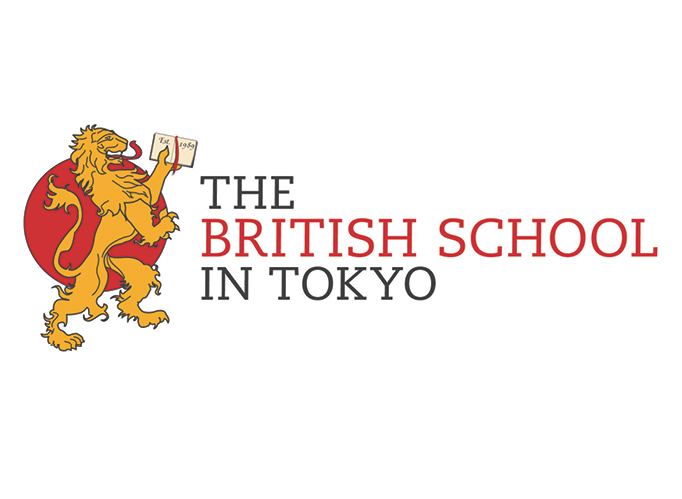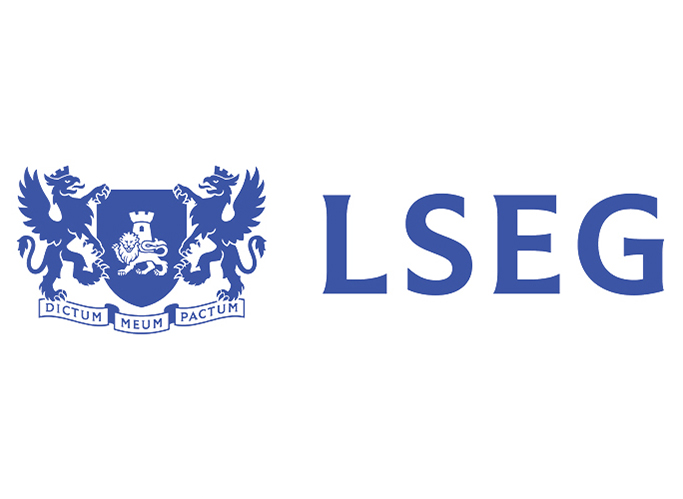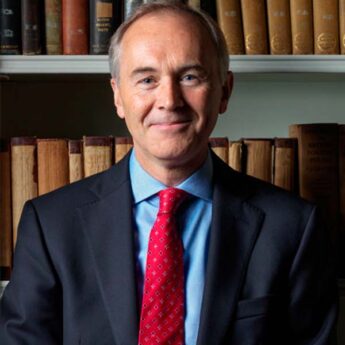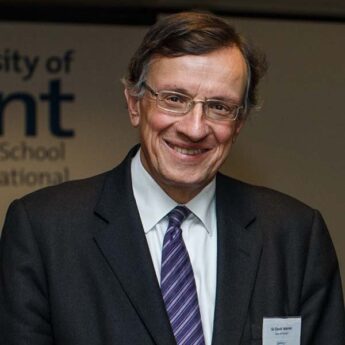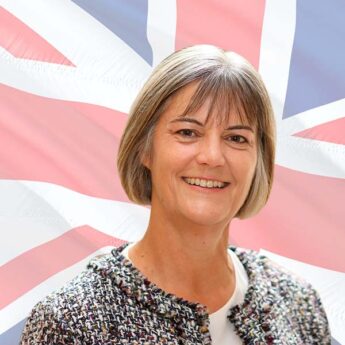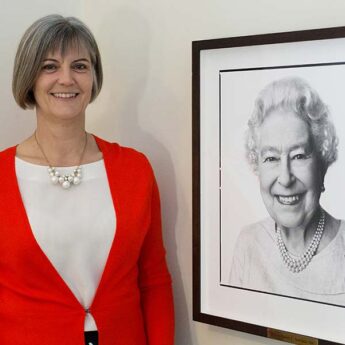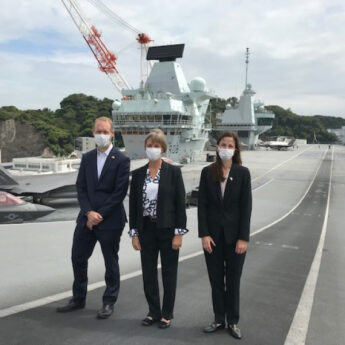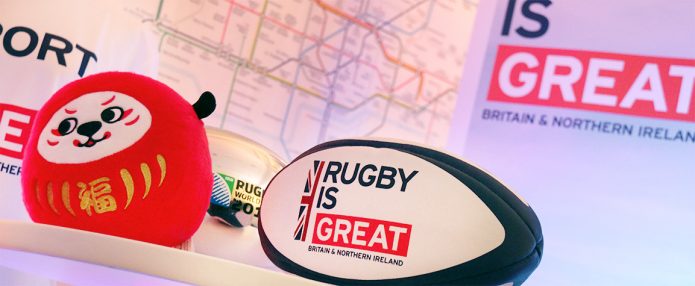
Photo: Tia Haygood
Julia Longbottom CMG formally became British Ambassador-designate to Japan on 29 March and will become Ambassador once she presents her credentials to Emperor Naruhito. She joined the Diplomatic Service in 1986. Most recently she was Director of Consular Affairs, running the UK’s global consular network from August 2016 to January 2020, and then spent six months as a Director of the Foreign & Commonwealth Office’s Coronavirus Task Force. Julia previously served as Deputy Head of Mission at the British Embassy Tokyo until summer 2016, which was her second posting to Japan. Her first was 1990–1993, as Second Secretary in the Political Section. Her other Asia-focused roles have been Head of China / Far Eastern Department (2009–2012) and Head of Section for Nationality and Immigration in the Hong Kong Department at the time of the handover to China (1994–1997). Her other overseas postings were to Poland as Consul General and Director of Trade & Investment in Warsaw (2002–2006), and to The Hague (1998–2002). She was Strategy Director for UK Trade & Investment in London (2006–2009). She is married to Richard Sciver, and they have three grown-up children.
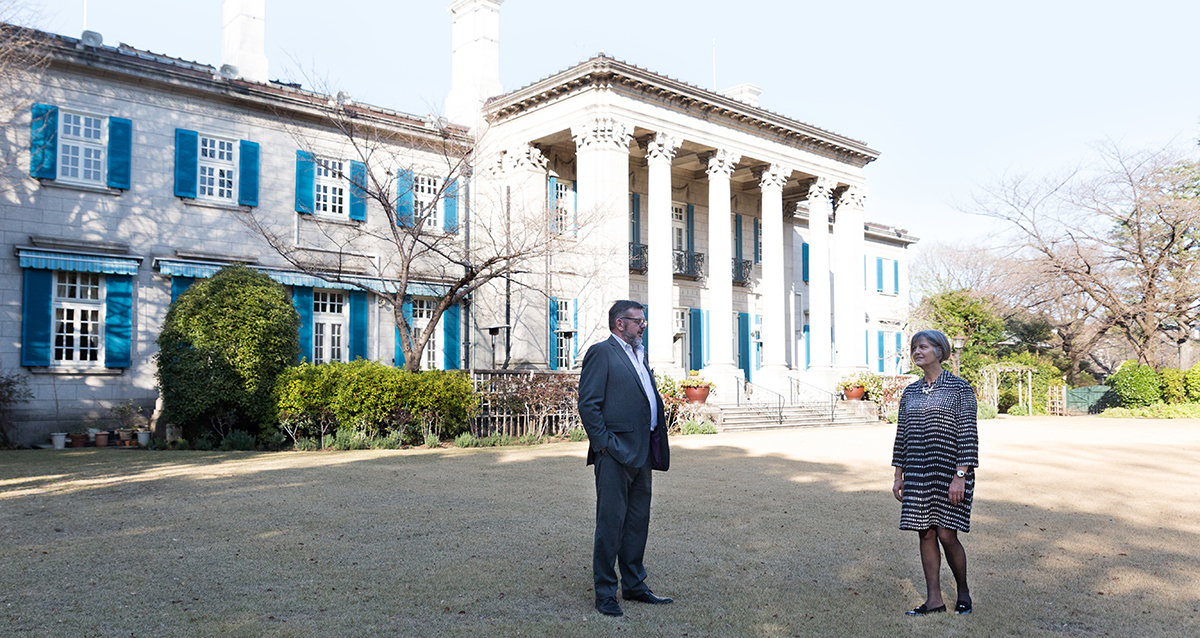
Photo: Tia Haygood
Please tell us about your work and interests.
I joined the Foreign & Commonwealth Office after graduating with a degree in modern languages. At my girls’ grammar school in Bradford, West Yorkshire, I had been drawn to foreign languages. I picked up a fascination for other countries and their different cultures from my father. Learning languages was a way to find out more about both. But I had never heard of the Diplomatic Service until a chance conversation at university. Once I had I was immediately attracted.
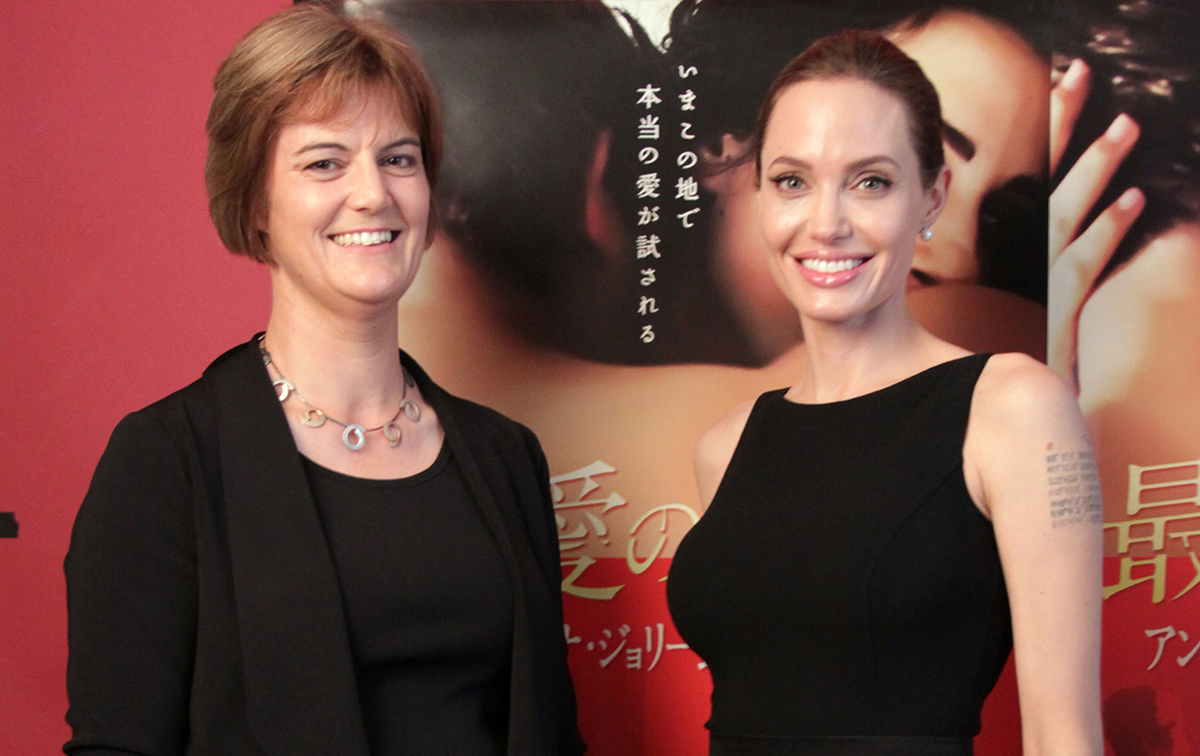
With the UNHCR Refugee Agency Special Envoy and actress Angelina Jolie at the opening of the “Preventing Sexual Violence Against Women” event in 2013 at the UN University, Tokyo.
Finding myself one of a lucky 30 who got into the Diplomatic Service Fast Stream that year, I had little concept of what the work would entail, or where my career might take me. But when the new recruits were told that one third of us would need to learn a ‘difficult’ language, I was keen to volunteer. After a brief debate with my boyfriend (now my husband, Richard), I opted for Japanese. The culture and language were a draw. Japan was also the world’s economic powerhouse, and we gauged that Richard’s chances of finding a job in international business in Japan were better than elsewhere.
Japan and East Asia have been notable building blocks of my career. I’ve witnessed some of the region’s historic moments: the bursting of Japan’s economic bubble in 1989; the handover of Hong Kong in July 1997; China overtaking Japan as the world’s second-largest economy in 2010; and the stunned reaction in Japan to the Brexit vote in 2016. Not to mention the triple disaster of the Great East Japan Earthquake and Tsunami in March 2011. The recent ten-year anniversary brought back vivid memories of helping lead our response from London, and of the suffering and resilience of the Tohoku people.

At a consular reception in London with Foreign Secretary Dominic Raab MP in 2020.
Variety is a feature of any Foreign & Commonwealth Office career, and I have enjoyed my share. A highlight has been working to deliver frontline public services—in consular roles, and in support of business. My first business-facing job in Warsaw, as Director of Trade & Investment, led me to take on the role in UKTI headquarters as Strategy Director, responsible for the then-new strategy and change programme. Things have moved on since then, with the creation of the Department for International Trade, and the UK government now in charge of our own trade policy and negotiations. High-level support for business remains a key responsibility of the Ambassador to Tokyo, and I’m looking forward to putting my energy into that over the next four years.

After the Knights in White Lycra 500km charity bike ride to Minamisanriku in 2015 that raised ¥7.4 million for local children.
My personal interests include travel, culture, modern art, and food—especially Japanese. Our biggest passion, shared with our three children, is sport and outdoor adventure. We all enjoy playing tennis and golf, skiing, jogging and hiking. Several members of our family play a lot of cricket, football and some rugby. I’m good at cheering them on! We enjoy a physical challenge. Richard ran two Tokyo marathons when we were last here. I was persuaded by the Knights in White Lycra to join their three-and-a-half day 500km charity bike ride to Minamisanriku in May 2015, an experience I wouldn’t have missed for anything.
Why were you offered the role of Ambassador?
I applied for the job in 2019. All Head of Mission roles are advertised within the Foreign, Commonwealth & Development Office and across government. Candidates have to convince the selection panel through a written application and an interview that they have the leadership, experience, skills and competences to succeed, and that they are the best person for the job. I guess that’s the answer to your question.
What will be your major tasks over the next few months?
A major priority will be ensuring effective implementation of, and promoting the business opportunities flowing from the UK–Japan Comprehensive Economic Partnership Agreement both for UK exports to Japan and for strategic Japanese investment in the UK. Membership of the Comprehensive and Progressive Agreement for Trans-Pacific Partnership (CPTPP) is the next goal in our sights, working with Japan as CPTPP Chair this year.
This is a big year of international leadership for the UK, as Chair of the Group of Seven (G7) as well as the United Nations Climate Change Conference (COP 26) in Glasgow in November. The UK and Japan share an ambition to strengthen the G7. Prime Minister Boris Johnson is determined to use it to reinvigorate international cooperation on the most pressing global problems. This includes leading the global recovery from coronavirus, promoting our future prosperity by championing free and fair trade, tackling climate change and preserving the planet’s biodiversity, as well as championing our shared values. This provides a rich agenda for our collaboration with Japan in areas of shared concern, from global health, and ensuring a resilient, green recovery, to cyber security, green finance, and collaborations in science and technology.
Work to address climate change will be a big personal priority. The UK government has welcomed Prime Minister Yoshihide Suga’s target of zero carbon dioxide emissions by 2050. We will be working closely with Japanese government partners as they work up the details of their plan, including an enhanced nationally determined contribution that will support our shared ambition to deliver on the Paris Agreement. Business has a key part to play in this—an area where I hope to work together with BCCJ members.
Added to that will be our continuing work to build an ever closer defence and security relationship, developing our ability to work together in operations to support international peace and stability, as well as deeper collaboration in defence technology. The planned visit to the region before the end of the year of HMS Queen Elizabeth and her carrier strike group will be a demonstration of the UK’s renewed engagement with the Indo-Pacific region, and the importance of the region to our economy, security and global ambition to support open societies. It will be an opportunity to elevate Japan–UK defence cooperation to a new level.
We are hoping to see the 2020 Tokyo Olympic and Paralympic Games go ahead this summer, even if in an altered form. We look forward to welcoming strong contingents of British athletes for both, and to Tokyo putting on a spectacle of sport to raise the collective spirits of the world. We will use the spotlight on the games to complete our UK in JAPAN campaign—with thanks to our sponsors for their staying power. There is much to look forward to in the cultural calendar, including an installation by the Jason Bruges Studio in Ueno Park that will bring together arts and technology.
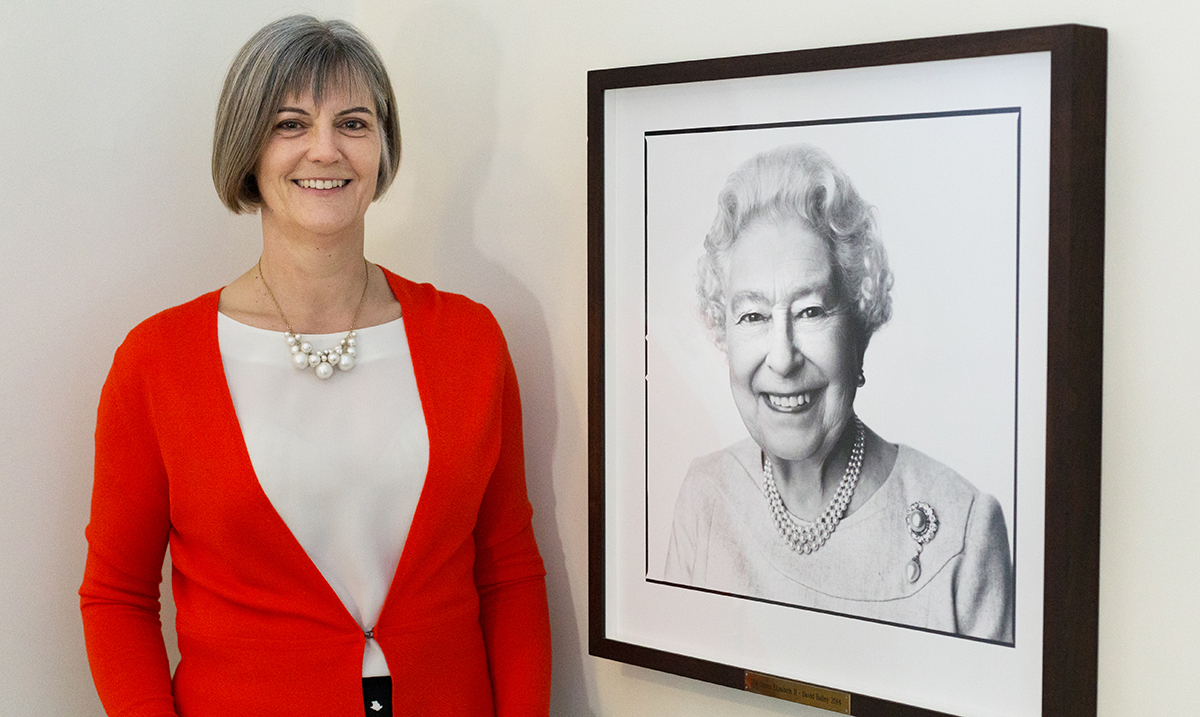
Photo: Tia Haygood
How does it feel to be the first female British Ambassador to Japan?
I always aspired to be an Ambassador but had no idea where, or how senior that post would be. It feels very special to have achieved my ambition in Japan, which is such an important partner of the UK, and the place where I started my diplomatic career—and my family. Everything I have done in my career so far—the experiences, learning and achievements—feels to have prepared me for this role.
On the question of being the first woman, I feel I am in good company. Other countries have sent well-qualified female ambassadors to Japan, and I look forward to joining that impressive network. As of 31 December 2020, around 30 percent of UK Heads of Mission around the world are female. We currently have female ambassadors to all-but-one of our G7 partner countries, China, Russia, NATO and the UN. This is testament to the determination of the FCDO Board to create a diverse talent pipeline for our top jobs. So whilst I may be the first female British Ambassador to Japan, I know I won’t be the last.
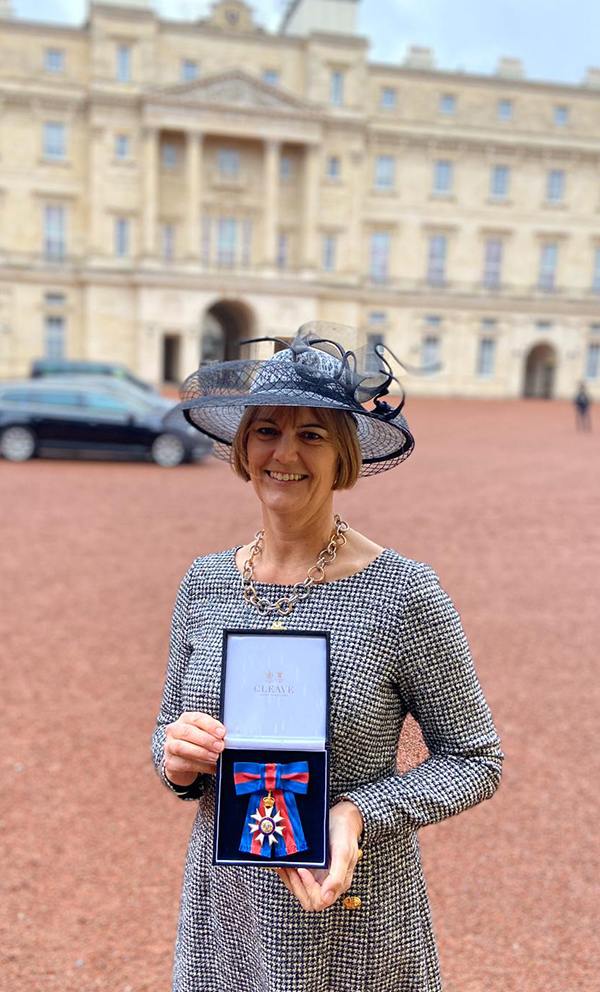
CMG investiture at Buckingham Palace in January 2020.
Do you have any advice for ambitious young women in government?
In London, ambitious young men are as likely to ask me for advice as ambitious young women. They have the same concerns about combining a career in the world of foreign policy and development with holding down a relationship and having a family. My advice is to seize any opportunity—you never know where it might lead you or how things might work out.
I would advise both women and men not to fix their sights too determinedly on a particular career path. People take many different routes to achieve their ambitions. This might include time to have a family, or to fit in with a partner’s career. Lastly, I would advise them to be themselves. There is no single persona or style you need for success as a leader. Our organisation is all the richer for the diversity and self-awareness of our people.
What sectors or issues will you focus on over the next four years?
We have an ambitious agenda in Japan over the coming four years, which can be captured under these headings:
- Stepping up our trade with, and strategic investment from, Japan
- Deepening our security and defence relationship
- Closer partnership in science, innovation, education and data
- Action on climate change and biodiversity
- Joint work to strengthen the resilience of our open economies and societies, at home and around the world
- Expanding people-to-people links, including educational and cultural exchange, and proactive support for vulnerable British people in Japan
- I’ll be relying on the expertise of our fantastic teams in Tokyo and Osaka, and working with partners in Japan and the UK to make progress in these areas.
What might be your biggest challenges and most pleasant tasks?
One of the biggest challenges will be managing the recovery from Covid-19, on both a personal and professional level. It has been a tough time, with our expectations of life, work and travel turned upside down. Many of our former certainties have taken a knock. The lines between work and home life have become blurred. Teams or Zoom meetings with colleagues in London and around the world have become a regular feature of our evenings here. I want to place a greater emphasis on the wellbeing of our teams and on supporting resilience—not least because of the great expectation we have for the busy year ahead.
I also want us to learn from the innovation the pandemic has forced on us. Whilst travel has been almost impossible, we have used online technology to negotiate a bilateral trade agreement, continue much of our UK in JAPAN campaign, hold our 2+2 Defence and Foreign Ministerial talks, and run the biggest-ever trade promotion event, hosted by Export to Japan, to highlight the opportunities of the new UK–Japan free trade agreement. For two countries separated by 9000kms, with an eight- or nine-hour time difference, we have developed a host of new ways of working and engaging with people.
My pleasant tasks, I expect, will be to do with people. The enduring UK–Japan relationship is built on personal connections. I look forward to meeting and reconnecting with the many people who have played a vital role in creating and sustaining this wonderful network of relationships. I also hope to create new connections between people in the UK and in Japan, not just among the high achievers and the elite of our economies and societies, but among the young, the artistic, the innovators, the diverse and creative, the academic, the campaigning, and the multitude of extraordinary ‘ordinary’ people of our two countries. The future of our countries, and the sustainability of our relationship, will be in their hands.
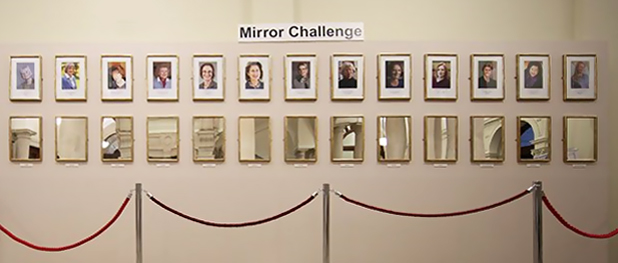
@Foreign, Commonwealth & Development Office
This Mirror Challenge wall in the Foreign Office showed in 2018 that half of its top jobs had never been done by a woman, each represented by a mirror. Female colleagues were invited to look in the mirror and imagine themselves in one of those jobs. The mirror is swapped for a photograph whenever a woman fills one of the posts for the first time.
How can you and the British Chamber of Commerce in Japan help each other?
We already collaborate on many fronts, but I sense we are standing on the threshold of an era of even more intensive partnership with Japan, where many of the policy issues we are working on have important application in industry, technology and services. Businesses in both countries will be indispensable for delivering the solutions. I hope to see us collaborate across many sectors—from artificial intelligence and data, to the nuclear industry, from the imperative of clean growth, to the challenge of an ageing population, from partnership in scientific enterprise, to the future of mobility, and from shared development in education, to a revolution in cyber security. In all these areas, partnership will be key.
How do you see the UK–Japan relationship developing?
The pace of change and increased competition in geopolitics, in the global economy, in the security environment and in technology, mean that we need to work together more than ever. I expect to see us developing a dynamic and future-focused partnership, to design and influence the new international standards and to harness new advanced industries and technologies in an open yet secure way. Our task is to confront and manage together such transnational challenges as climate change, global health risks and terrorism.
The British Prime Minister has set out his long-term, strategic vision for Global Britain following our departure from the EU, in the Integrated Review, published on 16 March. That vision is for a stronger, more secure, prosperous and resilient United Kingdom. A problem-solving and burden-sharing nation with a global perspective, adapting to a more competitive world. The report highlights the growing importance of the Indo-Pacific region to global prosperity and security, and the UK’s intention to engage more actively in this region, working closely with partners who share our values. It is going to be an exciting period.
Is there anything else you would like to say to the British community and Anglophiles in Japan?
It’s fantastic to be back in Japan. I’m looking forward to working with you all to make the most of the opportunities ahead of us. Before I left, I heard a lot about the latest developments in the UK. There are of course real challenges, not least those wrought by the Covid-19 pandemic and the resulting fiscal and economic challenges. But there is exciting innovation happening, too. Hydrogen islands in Scotland’s Orkneys, a Commissioner for Future Generations in Wales, government carbon dioxide reduction targets driving a transition to zero emission technologies, and the development of smart grids and subsea technologies.
Both our countries need to be future-ready. Together, we have all the potential we need to ensure that.
CUSTOM MEDIA AND THE BCCJ OFFER OUR SUPPORT AND BEST WISHES TO THE FIRST FEMALE BRITISH AMBASSADOR TO JAPAN, JULIA LONGBOTTOM CMG





